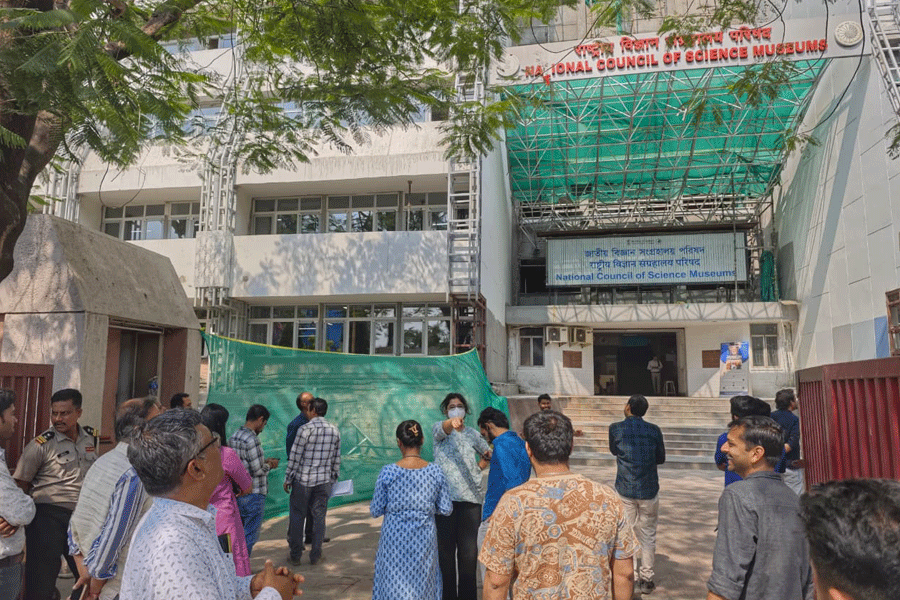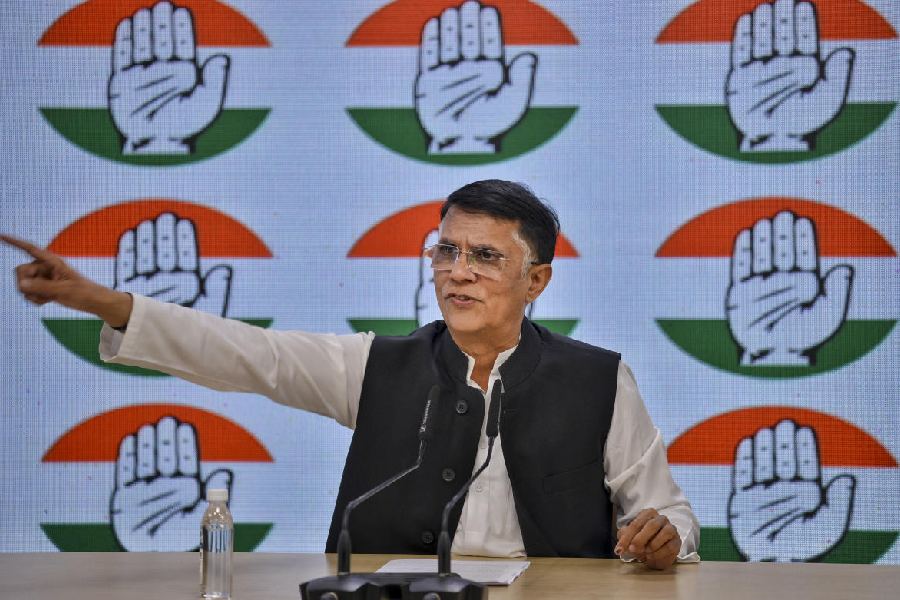The Income Tax Bill, 2025, which was hastily pushed through both Houses of Parliament without any debate, grants sweeping powers to the tax authority to invade the digital informational privacy of taxpayers. The power to conduct search and seizure is not new; it is already delineated in Section 132 of the Income Tax Act, 1961. One would have expected a government undertaking the task of overhauling a 60-year-old statute to take the opportunity to align such powers with the Supreme Court’s recent jurisprudence on digital and informational privacy. Instead, the new law moves in the opposite direction, rendering the provision even more draconian.
Clause 247 of the Income Tax Act, 2025 empowers the tax authority to enter and search any place where “electronic media” or a “computer system” — suspected of
storing relevant information or evidence — is located. Clause 261(e) defines “computer system” expansively to include “virtual digital space”, thereby covering personal and professional communications platforms, social media accounts, cloud storage and other online repositories. In doing so, Clause 247 significantly enlarges the scope of State intrusion into personal informational domains.
Admittedly, in 1973, the constitutionality of Section 132 of the 1961 Act was unsuccessfully challenged before a five-judge Bench of the Supreme Court. In Pooran Mal versus Director of Inspection, the court relied strongly on an earlier decision (M.P. Sharma vs Satish Chandra) where an eight-judge Bench of the Supreme Court had observed that unlike the Fourth Amendment in the United States of America, the drafters of the Indian Constitution did not subject such powers to any constitutional limitation, including on the grounds of privacy.
The jurisprudential understanding of the right to privacy, however, has altered since then. The decision in the MP Sharma case stood overruled in K.S. Puttaswamy vs Union of India, a landmark verdict that emphatically recognised privacy as an integral part of Articles 14, 15, 19, and 21 of the Constitution.
The decision in Pooran Mal, upholding the constitutionality of search and seizure powers as well as the expansive provisions contained in the law, therefore, merits scrutiny under the four-fold test of proportionality and legitimacy outlined by the Supreme Court in K.S. Puttaswamy. Clause 247 of the Act miserably fails to withstand the rigours of this test. Preventing tax evasion is a legitimate aim of the State. However, social media accounts are not financial documents that help in the determination of taxable income. Invading the private digital life of a taxpayer is highly intrusive, is disproportionate, and does not have any rational nexus to the objective of tracing and taxing escaped income.
These sweeping powers are often sought to be justified on the ground that the provision contains certain in-built safeguards. It is correct that the legislation requires the assessing officer to record reasons to justify why a search and seizure exercise is required. It is also correct that prior sanction must be obtained from, and granted by, a higher official before conducting a search and seizure exercise. However, these so-called in-built safeguards are merely empty rituals. The assessing officer is not required to disclose reasons to the taxpayer. In most cases, reasons are not formed before, but during or after, the search and seizure exercise. Besides, the sanctioning authority often acts mechanically without independent application of mind. Absence of a prior judicial warrant makes the provision constitutionally suspect. Although a constitutional court is able and competent to examine issues relating to objective satisfaction or lawful sanction, such a review inevitably occurs after the disproportionate intrusion has already taken place.
In its present form, the Act is incompatible with constitutional discipline. Now that the president has assented to the bill, it is hoped that any future challenge to the law is met with the most exacting rigours of judicial review by our constitutional courts.
Ashish Goel is a lawyer











